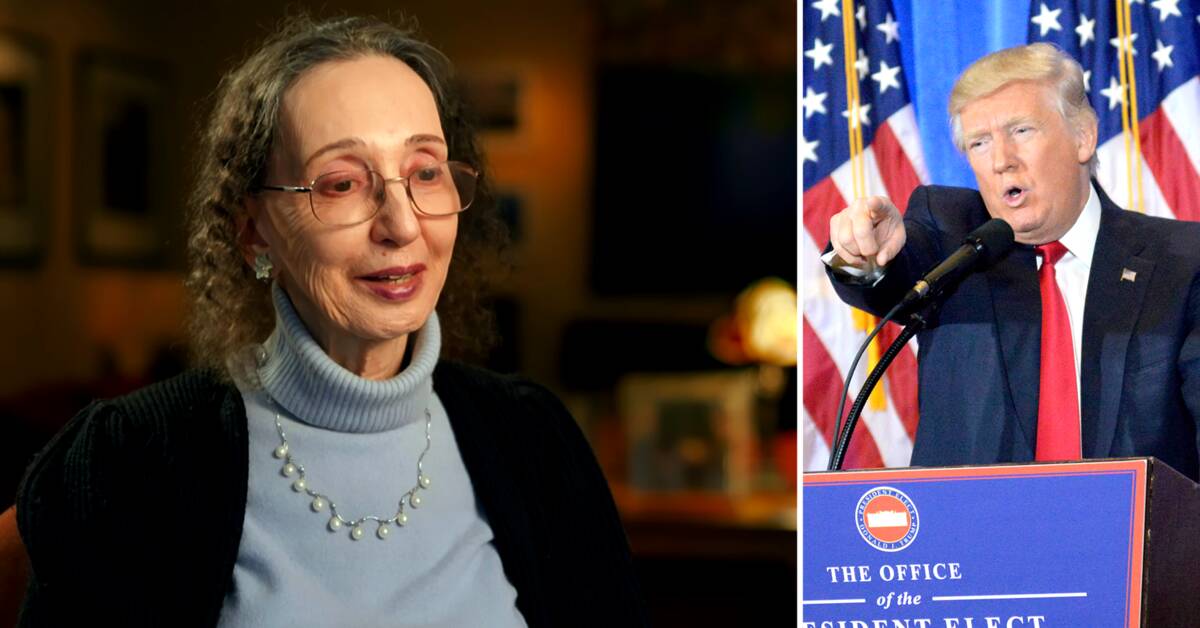The book is about a fairly typical white, upper middle class family in the United States.
The father of the family, Whitey McClaren, has previously been mayor of the city of Hammond in the state of New York.
On his way home from a meeting, he stops the car to interrupt two police officers who are beating a young Indian at the roadside.
His intervention ends with the police shooting him with their electric pistol.
- In normal cases, it is black people who fall victim to corrupt police, but in the book I wanted to show that everyone is affected by this, says Oates.
Life changes
Shortly thereafter, Whitey McClar died of his injuries.
His wife Jessalyn McClaren and their five grown children are left behind.
The grief of the deceased husband, and the father, is a big part of the book, but life goes on and constantly interrupts the grief process.
Jessalyn is now faced with completely new situations that she needs to solve herself.
The result is, among other things, that a wild and angry cat moves in with her and that she accidentally meets a new man.
- Hugo encourages Jessalyn to start driving again, something that never happened to Whitey because it was always him who drove and she who sat in the passenger seat.
In this novel, I wanted to show that with another man, Jessalyn can discover that she has a greater ability to cope with things that neither she nor her children thought she could.
Dedicated to the husband
Joyce Carol Oates is a widow herself, and she dedicates the novel to her late husband Charlie Gross.
The novel is a tribute to the whims of life.
- When you go through a grieving process, you can still be surprised by life's whimsy.
Life contains more absurd and comic events than tragedy and sorrow.
IN THE CLIP: Joyce Carol Oates on how she was inspired by Donald Trump.
Watch the entire interview with Joyce Carol Oates in Babel on SVT Play and on SVT2 on Sunday at 20.00.

